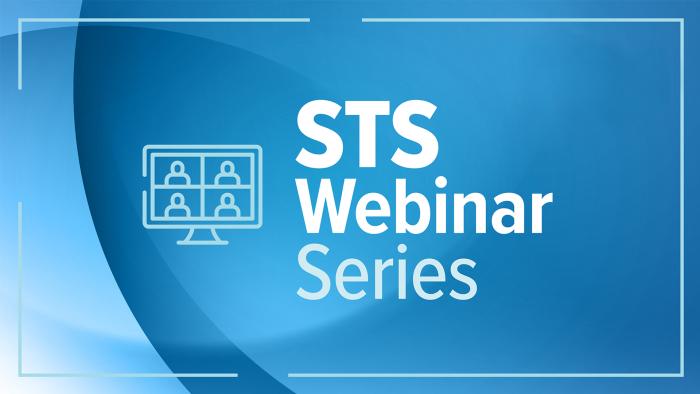Overall survival rates of esophageal cancer have risen in the past 50-plus years, from 5% in 1970 to 22% in 2023. Yet, no comprehensive guidelines addressing multidisciplinary management of esophageal cancer that incorporate input from surgeons, radiation oncologists, and medical oncologists have been available, until now.
The Society of Thoracic Surgeons, American Society for Radiation Oncology, and American Society of Clinical Oncology have co-authored the first comprehensive guideline on the management of esophageal cancer. Published today in The Annals of Thoracic Surgery, the guideline addresses key clinical subject areas pertinent to the care of patients with locally advanced, resectable thoracic esophageal cancer.
The guideline delivers recommendations for the use of induction chemotherapy, optimal radiation dose, value and timing of esophagectomy, use of chemotherapy vs. chemoradiotherapy before surgery, approach and extent of lymphadenectomy, and the value of adjuvant therapy after resection.
“These comprehensive guidelines address areas critical for standardizing and improving care and outcomes for esophageal cancer patients,” says study investigator Stephanie Worrell, MD, clinical associate professor and thoracic section chief at the University of Arizona in Tucson. “The recommendations are based on a comprehensive review of innovations and advancements in the most recent literature.”
